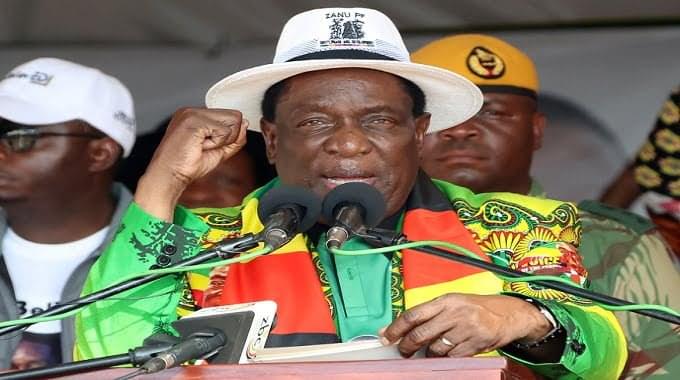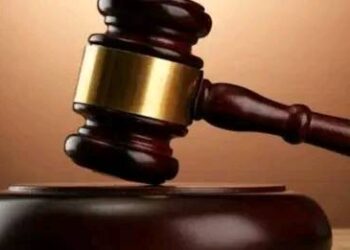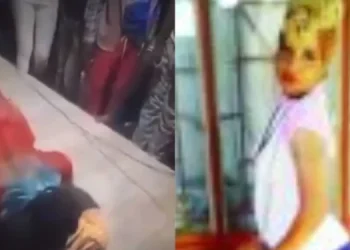Zimbabwean President Emmerson Mnangagwa vowed to do “what we can to remain in power”, promising to revive an economy that has collapsed under his watch as he launched his bid for a second five-year term.
Zimbabwe will hold presidential and parliamentary elections on Aug. 23 which are expected to pit Mnangagwa, 80, of the ZANU-PF party against pastor and lawyer Nelson Chamisa, 45, of the Citizens Coalition for Change (CCC).
The election comes amid a raging economic crisis, with high inflation and a currency that plunged more than 50% this month against the U.S. dollar.
In remarks aimed mostly at his rural support base at the weekend, Mnangagwa pledged infrastructure developments.
“ZANU-PF is unstoppable. It will continue governing Zimbabwe as other parties continue to split assunder,” he told a large crowd of supporters in Chipinge, about 500 kms (311 miles) east of the capital Harare.
“We fought for our democracy, no one will stop us.”
Mnangagwa toppled independent Zimbabwe’s first president, Robert Mugabe, in a coup in 2017, eding his 37-year rule.
He was hailed as a pragmatic leader shortly after taking power, but he scored only a narrow win in 2018 elections over Chamisa, who is still considered the strongest challenger to his re-election bid.
Zimbabwe’s economic crisis tops voters’ concerns, with a 100 Zimdollar (Z$) note – the country’s highest denomination – not enough to buy an egg. About Z$10,000 fetch US$1 on the parallel market.
The opposition CCC party enjoys considerable support in towns and cities, while ZANU-PF’s supporters are mainly in rural areas.
A bullish Mnangagwa said his government had made strides in infrastructure development, power generation and grown the mining economy from $3 billion in 2018 with hopes to generate $12 billion in revenue by the end of 2023.
“We are building roads and dams and recently we started installing solar boreholes in every village across the country,” he said, speaking mostly in the Shona language.
Mnangagwa is pitted against 10 other presidential aspirants amid criticism that his government is closing the democratic space, following the passing of the so-called Patriotic Bill which opponents says outlaws criticism of the state.
Zimbabwe has endured over two decades of economic failure following land seizures by Mugabe, plunging the southern African country into an economic crisis.
Source NewZimbabwe












